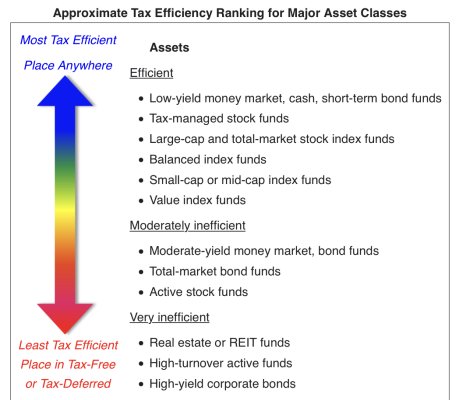I am organizing my asset allocation into:
Cash, Bonds
Conservative Equities (index funds, managed funds, SPY etc.)
Risky Equities (aggressive growth stocks, ARKK etc.)
Currently I have the VNQ REIT ETF in the Conservative Equities group, but I am wondering if I should have it in the Cash, Bonds group.
Thanks.
Cash, Bonds
Conservative Equities (index funds, managed funds, SPY etc.)
Risky Equities (aggressive growth stocks, ARKK etc.)
Currently I have the VNQ REIT ETF in the Conservative Equities group, but I am wondering if I should have it in the Cash, Bonds group.
Thanks.

